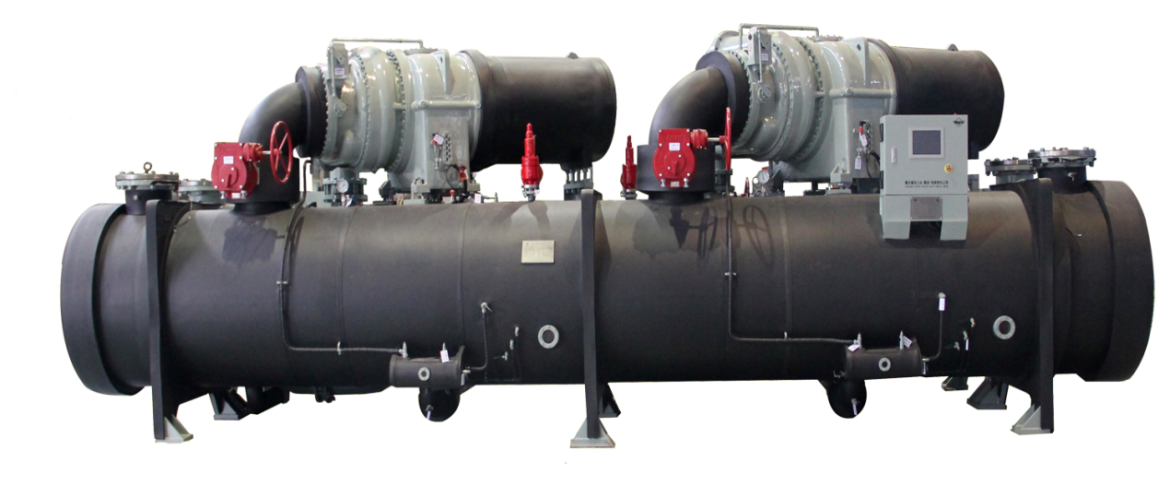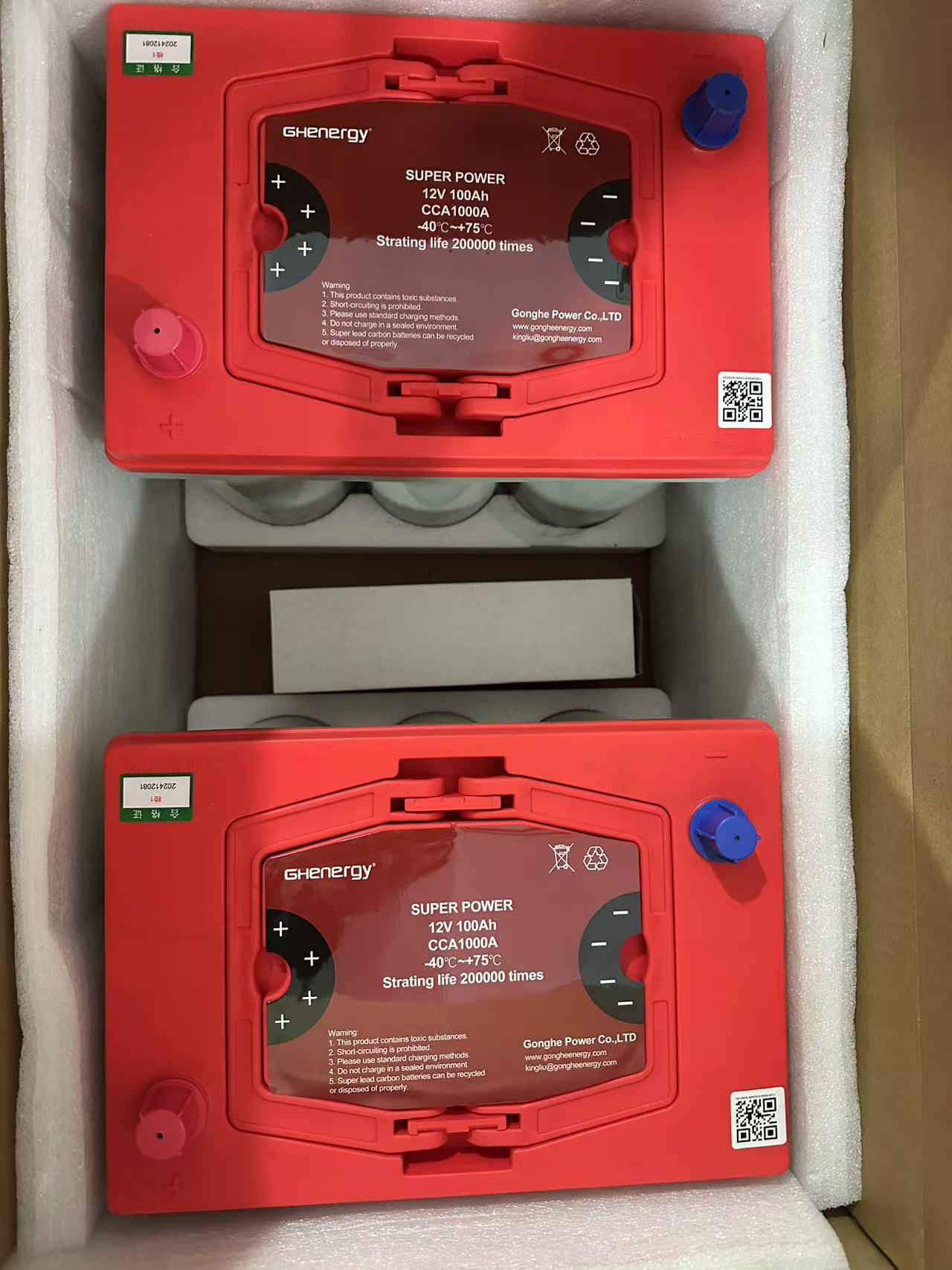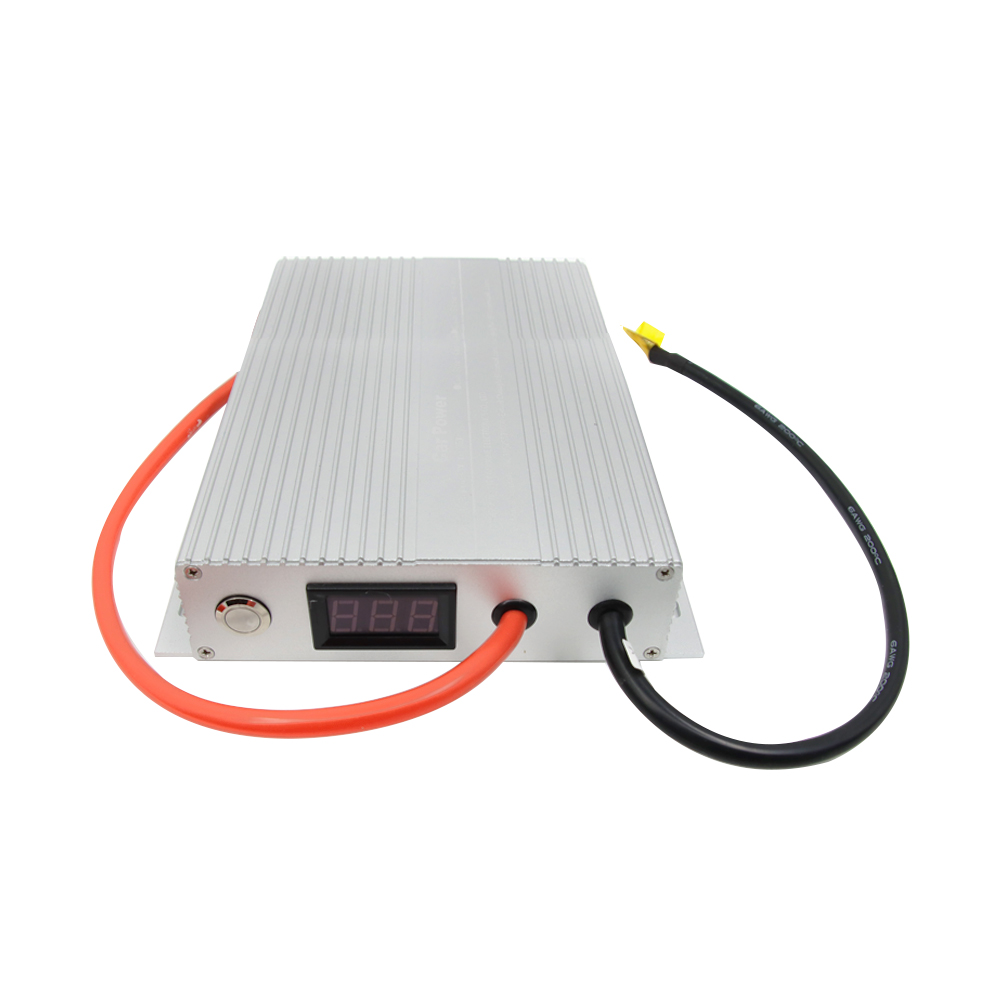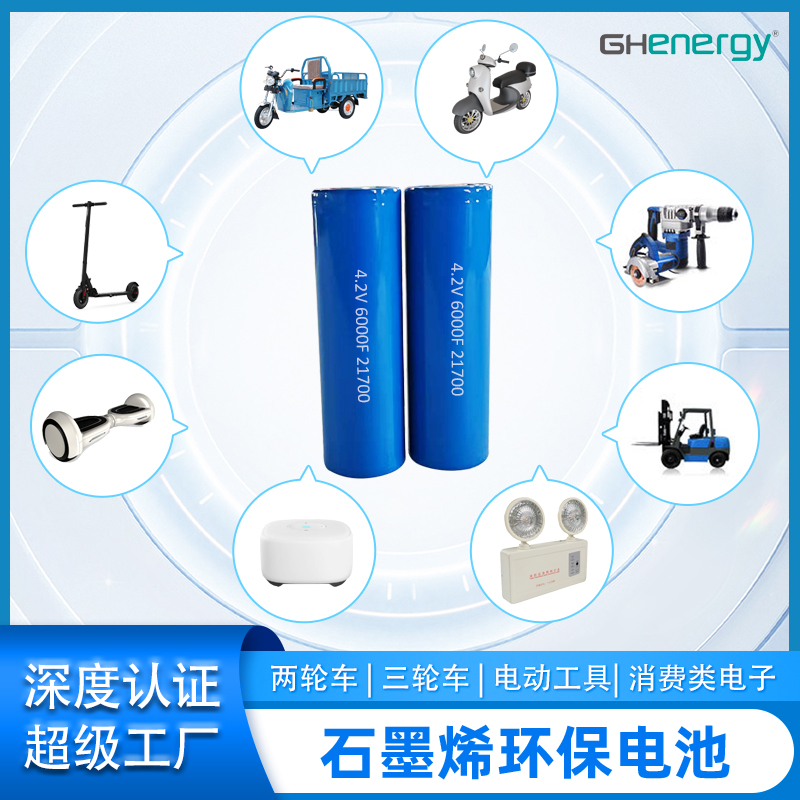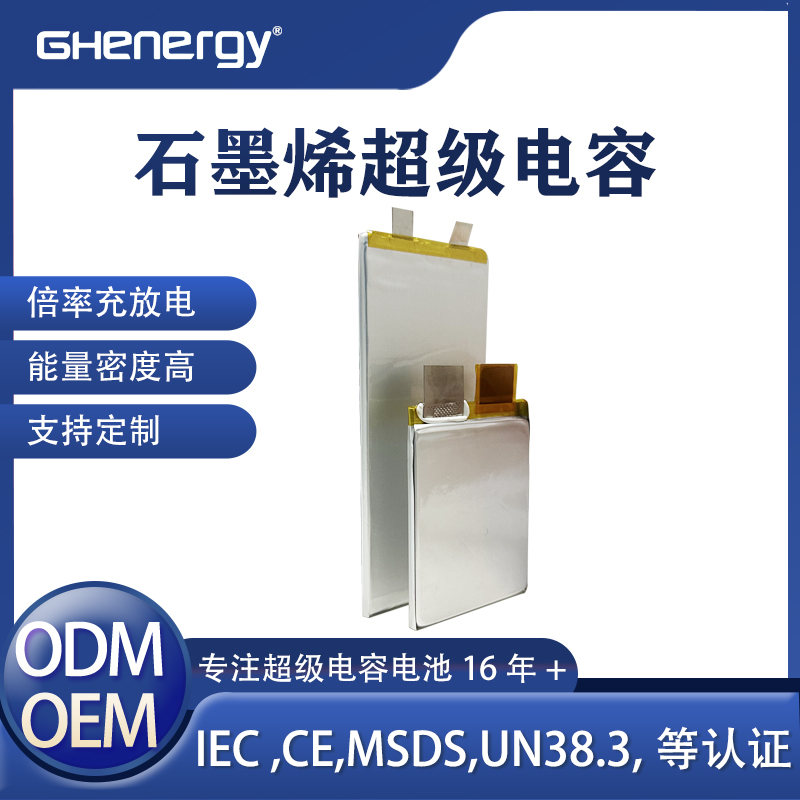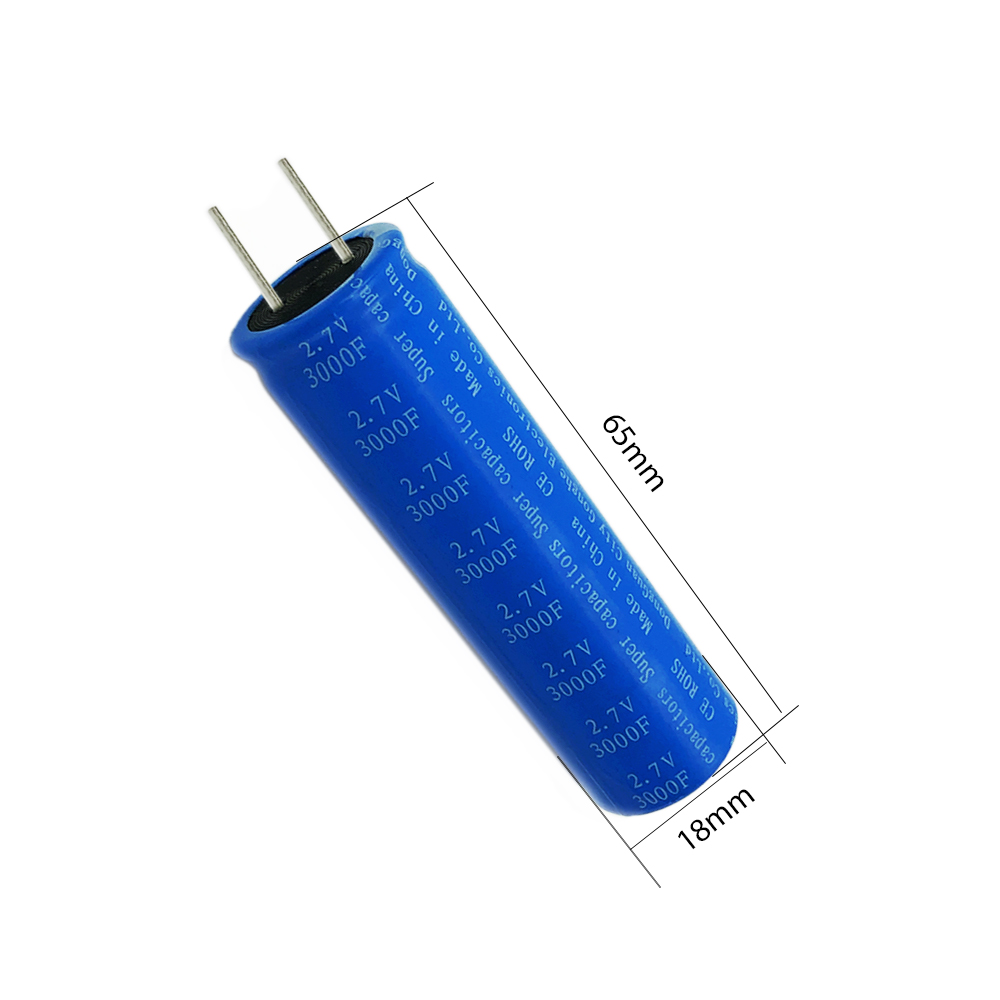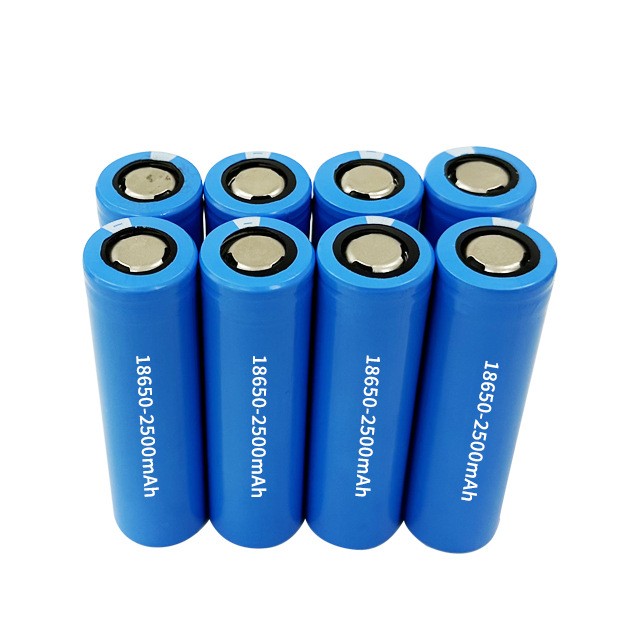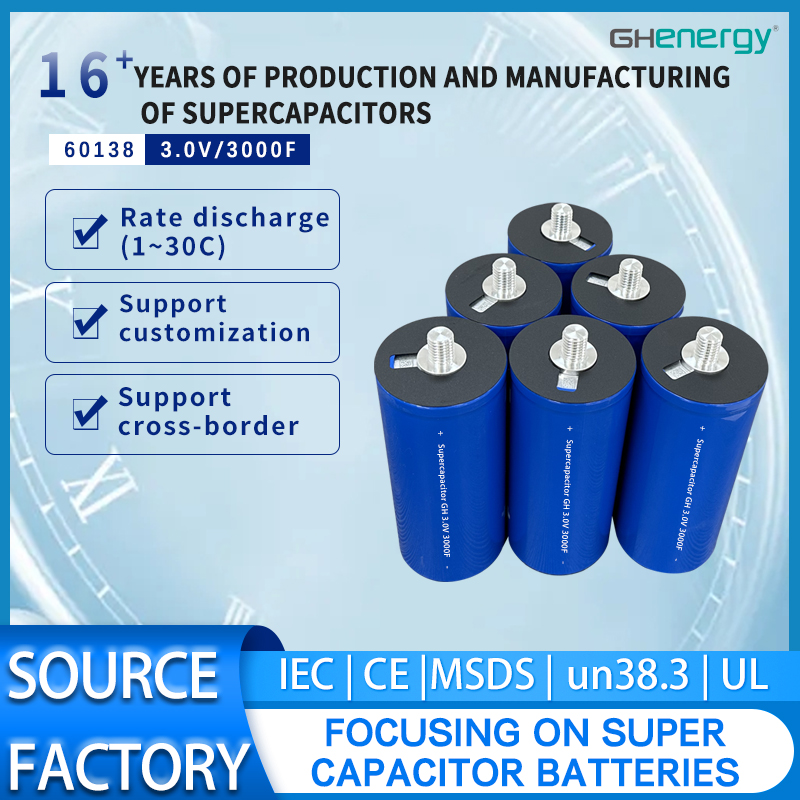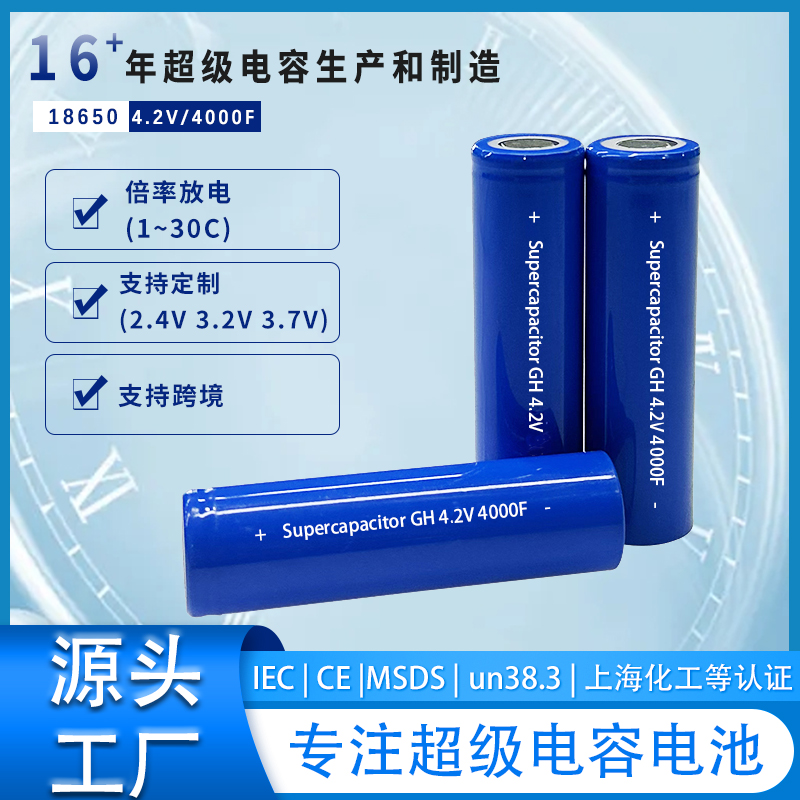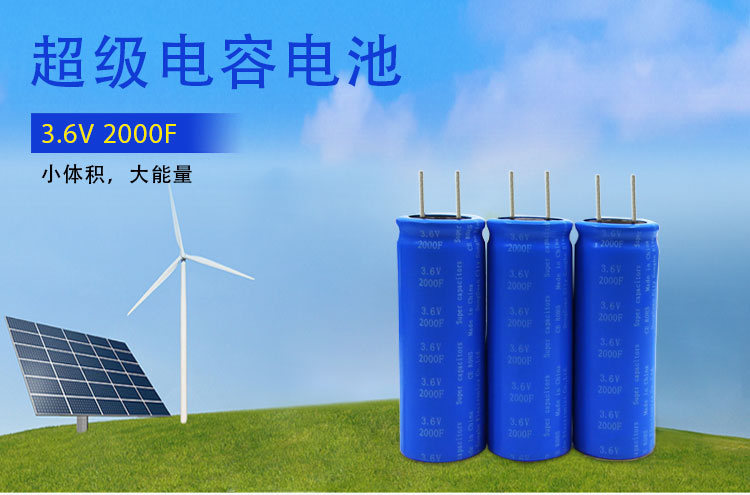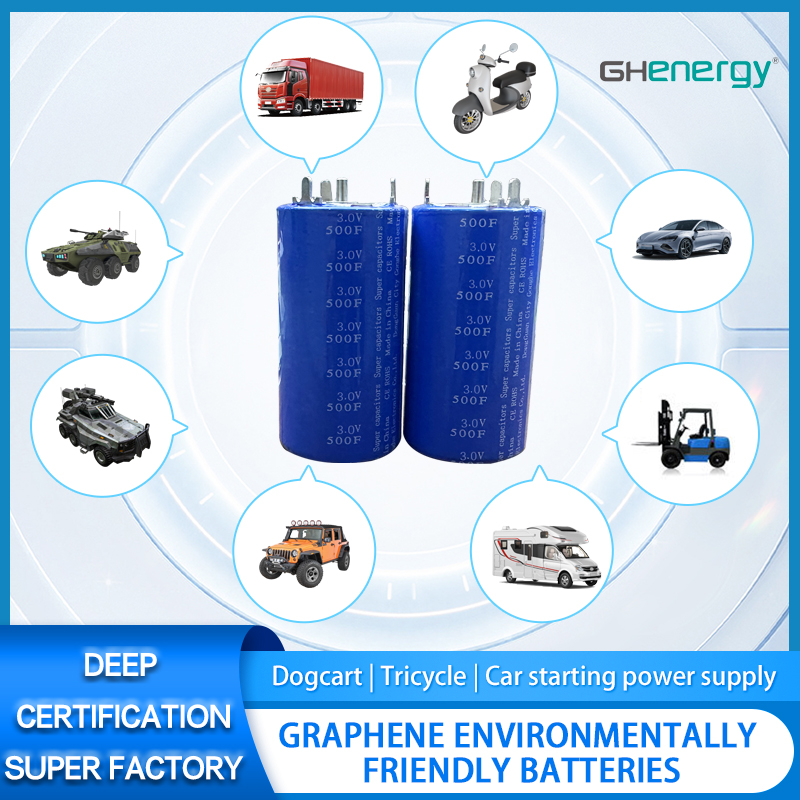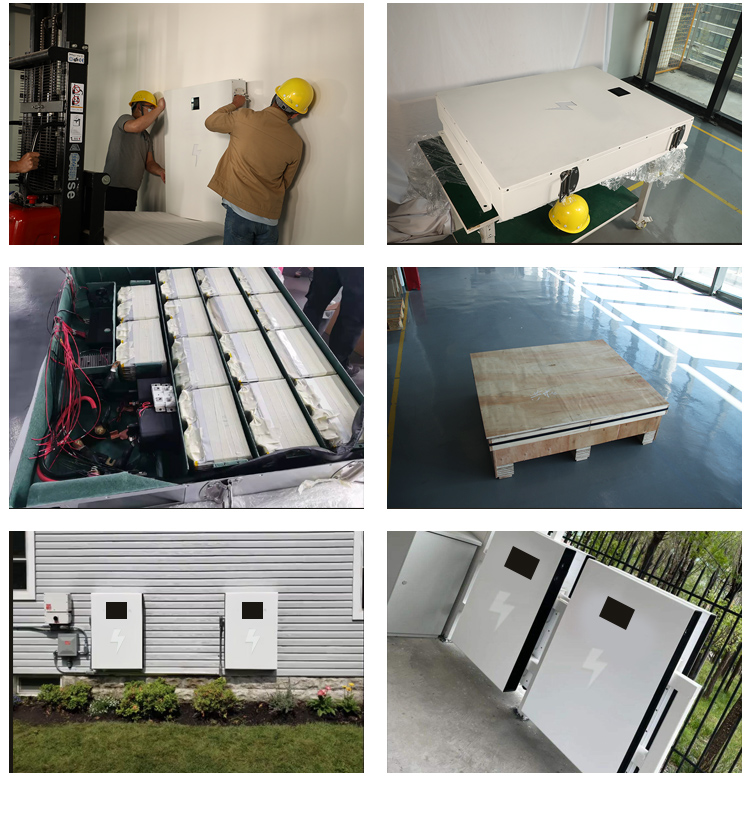Wedoany.com Report-Dec 14,Microreactor developer Last Energy says it has received a letter of intent from the Export-Import Bank of the United States for USD103.7 million debt financing relating to its project in South Wales in the UK.
The company says that the letter, from the bank's structured and project finance division, confirms its "willingness to diligence" the financing and follows an in-depth review of Last Energy's "technology, business model, manufacturing plan and access to nuclear fuel. Upon final commitment, the Bank’s facility would cover Last Energy’s entire costs for a single power plant installation".
US-based Last Energy is a spin-off of the Energy Impact Center, a research institute devoted to accelerating the clean energy transition through innovation. Its reactor technology is based on a pressurised water reactor with a capacity of 20 MWe or 80 MWt. Power plant modules would be built off-site and assembled in modules.
A Last Energy plant, referred to as the PWR-20, is comprised of a few dozen modules that, it says, "snap together like a Lego kit". The PWR-20 is designed to be fabricated, transported, and assembled within 24 months, and is sized to serve private industrial customers, including data centres. Under its development model, Last Energy owns and operates its plug-and-play power plant on the customer's site, bypassing the decade-long development timelines of electric transmission grid upgrade requirements.
The company has been advancing plans to develop four PWR-20 units on the vacant site of the Llynfi coal-fired power station. It said the new plant would "provide energy security to local manufacturers, create jobs, and unleash a long-term economic investment in the region". The Llynfi power station - a 120 MW coal plant - operated between 1951 and 1977. Following decommissioning in 1977, the 14-acre site has remained vacant.
Bret Kugelmass, Founder and CEO of Last Energy, said: "Receiving this Letter of Interest from EXIM is the latest in a series of recent milestones that further validates Last Energy’s unique approach to accelerating nuclear deployment by focusing on design for manufacturability. They put us through the wringer - interrogating our physics, technology, supply chain, business model, partnerships, and timelines to delivery - and, after 18 months of rigorous review, have determined that we’re ready for the next step."
Last Energy said it has been actively engaging with the UK's Office for Nuclear Regulation, Natural Resources Wales, Planning and Environment Decisions Wales, the Environmental Agency, and with local and national Welsh and UK officials, and will continue to do so throughout the project. The company said in October it was targeting 2027 to commission the first plant, "following a successful planning and licensing process".
Last Energy estimates the entire project represents a capital investment of GBP300 million (USD393 million), which will not require public funding. Contracts with local suppliers would amount to more than GBP30 million, while more than 100 full-time local jobs would also be created.
Last Energy announced agreements for 34 units in 2023 and began 2024 with agreements for 50 units. Of the agreements, 39 of the 80 units are slated to be built to serve data centre developers. The company says its goal is to build 10,000 units in the next 15 years.
The Export-Import Bank of the United States (EXIM) is the country's official export credit agency "with the mission of supporting American jobs by facilitating US exports. To advance American competitiveness and assist US businesses as they compete for global sales, EXIM offers financing including export credit insurance, working capital guarantees, loan guarantees, and direct loans".
